Delivery speed and accuracy are no longer perks. They are expectations in today’s competitive online retail market. Customers want their purchases to arrive quickly and exactly as they are promised. This is where e-commerce order fulfilment support plays an essential role.
In this blog, we’ll discuss how businesses can meet these growing expectations without compromising their operational efficiency.

What’s The Link Between Delivery Optimization and Customer Experience?
Customer satisfaction has always been dependent on fast and reliable deliveries. Delays or incorrect orders often frustrate customers. This makes it one of the fastest ways you can lose loyalty.
So, retail-focused call service is an invaluable resource for businesses. You need a dedicated support team that can resolve issues before customers escalate them into bigger problems. It can easily handle delivery-related inquiries and keep customers informed throughout the process.
With proactive communication, you can substantially reduce “Where Is My Order?” calls. When you send timely updates and tracking information, it reassures your customers. They feel at ease knowing that their purchase will be handled with care.
Key Components of an Effective E-commerce Order Fulfillment Support System
An optimized fulfilment process relies on components that work together. A well-managed process improves your delivery accuracy and customer satisfaction.
1. Efficient Order Processing
Speed and accuracy are essential in fulfilling orders. Every order goes to the warehouse for packing and shipment. This minimizes delays and reduces errors like missed items.
Businesses are now integrating advanced systems with their online and physical stores to centralize order data. This is a critical function that makes it easier for retailers who are managing multiple sales channels.
2. Inventory Management
Inventory visibility is essential for businesses as it helps them avoid stockouts and oversells. e-Commerce order fulfilment support often includes real-time inventory tracking tools. They provide accurate stock counts across their platforms.
These systems can also conduct demand forecasts based on your sales history and seasonal trends. This makes it easy for you to replenish popular items before they run out. Automation solutions not only you optimize delivery times but also prevent order cancellations due to poorly managed stock.
3. Logistics Partnerships
Delivery speeds heavily rely on efficient logistics planning. You can choose the most reliable carrier with a fulfilment support service. You can also negotiate competitive shipping rates and select the fastest or most cost-effective route.
You can also identify the quickest paths for last-mile deliveries. You can use multiple carrier partnerships to be flexible in case of service delays or disruptions. With this strategic approach, your business can promise and deliver accurate shipping timelines.
4. Returns & Exchange Handling
You shouldn’t let returns damage your customer loyalty. Your smooth return process can turn a potentially negative experience into a positive one. Fulfillment support teams manage reverse logistics by helping you process return requests and issue refunds. They can also assist you in restocking items efficiently.
Clear communications that are often handled via retail-focused call services make sure that your customers understand return policies. They also help customers feel confident shopping again from your store.
Learn more about other contact center solutions services
Conclusion
Optimizing delivery is no longer about moving products from point A to point B. You need to create a positive experience for your customers. By investing in fulfillment support, you can embrace omnichannel retail assistance to meet their expectations and build long-term loyalty. You’ll get a fulfillment process that is faster and more focused on your customers.



